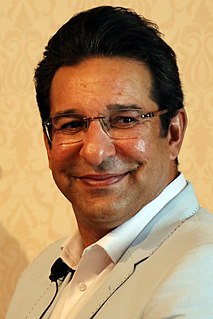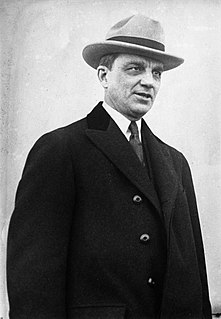A Quote by Edward Sapir
So far as the advocates of a constructed international language are concerned, it is rather to be wondered at how much in common their proposals actually have, both in vocabulary and in general spirit of procedure.
Related Quotes
There is a great difference, whether the poet seeks the particular for the sake of the general or sees the general in the particular. From the former procedure there ensues allegory, in which the particular serves only as illustration, as example of the general. The latter procedure, however, is genuinely the nature of poetry; it expresses something particular, without thinking of the general or pointing to it.
I can't say that there's a common practice that has to do with pitch language or with the way pieces are put together because today, anything is fair game. As far as I'm concerned, my own common practice is a piece that engages the attention of listeners from beginning to end, and doesn't rely on or expect the listener to zone out.
I came to writing mysteries through poetry and still think that a well-constructed mystery is very much like a well-constructed sonnet. Both are artificial forms. Both start off in one direction and then, with a twist of the concluding couplet/surprising ending, both reveal that they were headed somewhere different all the time.
When we start making distinctions between soul and spirit, we're in very, very murky waters. There is the whole issue of the English language, which has a rather limited vocabulary when it comes to psychological descriptions, not to speak of spiritual descriptions. We're good mythically - the English language is superb for myth. But we're not very good for psychology or spirituality.
People that are much younger in areas that are much more, kind of, disenfranchised, I guess, as far as the gay movement goes, they still have a language that they've discovered around things. And they have a vocabulary to use, and they have a way to express themselves even when they're not accepted.
What I am concerned about in this fast-moving world in a time of crises, both in foreign and domestic affairs, is not so much a program as a spirit of approach, not so much a mind as a heart. A program lives today and dies tomorrow. A mind, if it be open, may change with each new day, but the spirit and the heart are as unchanging as the tides.



































